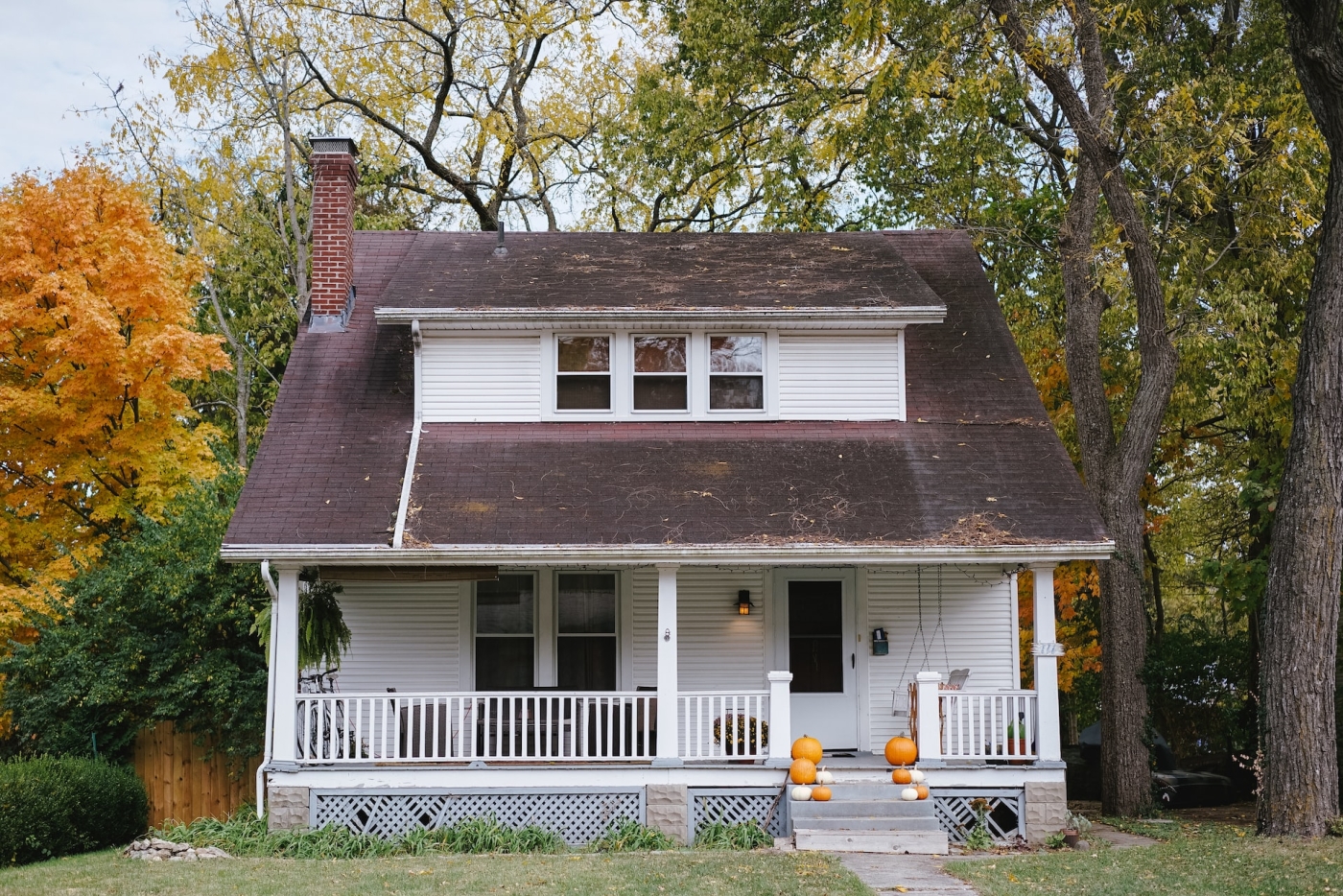Selling your house can be quite a challenging process, as both internal and external factors have a great deal of influence on it. Right from the physical appearance of the home to outdated features to overpricing, several factors directly jolt the value of your house. And here are 5 telltale signs that your house is losing value.
- Poor Maintenance:
No one wants to buy a house with known issues. Even slight problems, like leaky faucets or cracks in the foundation, may decimate the value of your home. So it’s best to fix these problems before listing your home on the market, as letting the damage sit on your to-do list will only plummet your property’s value. You may consider to request free property valuation with Leaders to access the actual status of the home.
– Lack of Curb Appeal:
As the old saying goes, “first impressions count”, and this couldn’t be truer when it comes to selling a house. Making sure your curb appeal stands out is key if you want potential buyers to notice. You may consider investing in landscaping or upgrading external features such as doors, windows, chimneys, etc.
– The Clutter:
Clutter may sound simple, but it can have an enormous impact on buyers. This is because they will not be able to notice all the great features of your home if your house looks like a storage facility. Having your extensive collections and other items stored in an actual storage facility will make your home appear larger and more visually appealing, resulting in more offers.
- Outdated Appliances:
One of the important things potential buyers will notice when they tour your home is the appliances—and if they’re outdated, it won’t bode well for them to picture themselves living there. Think about updating any devices over 10 years old, or at least consider replacing them with ones with a modern aesthetic. This may help boost the value of your home.
– Poor Insulation:
If you live in an area where there are drastic temperature changes between summer and winter months, insulation is key. Poor insulation can cause energy bills to skyrocket during certain times of the year, which could be a huge turnoff for prospective buyers. If you think there may be an issue with insulation, have an expert come check it out and make sure everything is up-to-date and running efficiently.
- Location:
When buying a home, location matters – even more so when trying to determine if your home has lost any of its original value. If an area around your home has become less desirable due to increasing crime rates or businesses leaving, this could impact your home’s worth and cause it to lose some of its appeal with potential buyers.
– Neighbourhood Foreclosures:
Chances are that a foreclosure close to your home may hurt your property’s value. This is because when estimating your home’s value, appraisers may look at comparable selling prices in your neighbourhood. And foreclosed homes may sit vacant (without maintenance) for a long time. This may adversely affect your property’s value.
– Noise pollution:
Buyers will generally avoid properties next to off-ramps or emergency services like ambulances, fire and police that use sirens as they are too noisy and may walk away from the purchase or offer less.
- Public areas:
Unkempt public parks and recreation areas may take a toll on the buyer’s decision. Nobody wants to buy a space surrounded by poor or unhygienic conditions. If this is happening, then your home value is definitely being affected.
-Unsatisfying local schools:
When purchasing a home, parents with children pay close attention to the schools in the area. Additionally, the property might not be as desirable if the school system is not performing well in rankings.
- Overpricing:
This might seem counterintuitive; after all, shouldn’t higher prices lead to higher values? Not necessarily! Setting prices too high can be detrimental because people won’t want to pay more than what they think something is worth or what other similar properties are selling for in the area – both factors which could lead your property’s price tag down rather than up.
Conclusion:
Being aware of these signs will help ensure that you don’t miss anything when assessing whether or not your home is losing its value – but remember, all properties are different, so take into account any specific factors related to yours before making any big decisions. With some careful consideration and proactive measures you can restore or even increase the value of your property.
 Heart
Heart Haha
Haha Love
Love Wow
Wow Yay
Yay Sad
Sad Poop
Poop Angry
Angry

